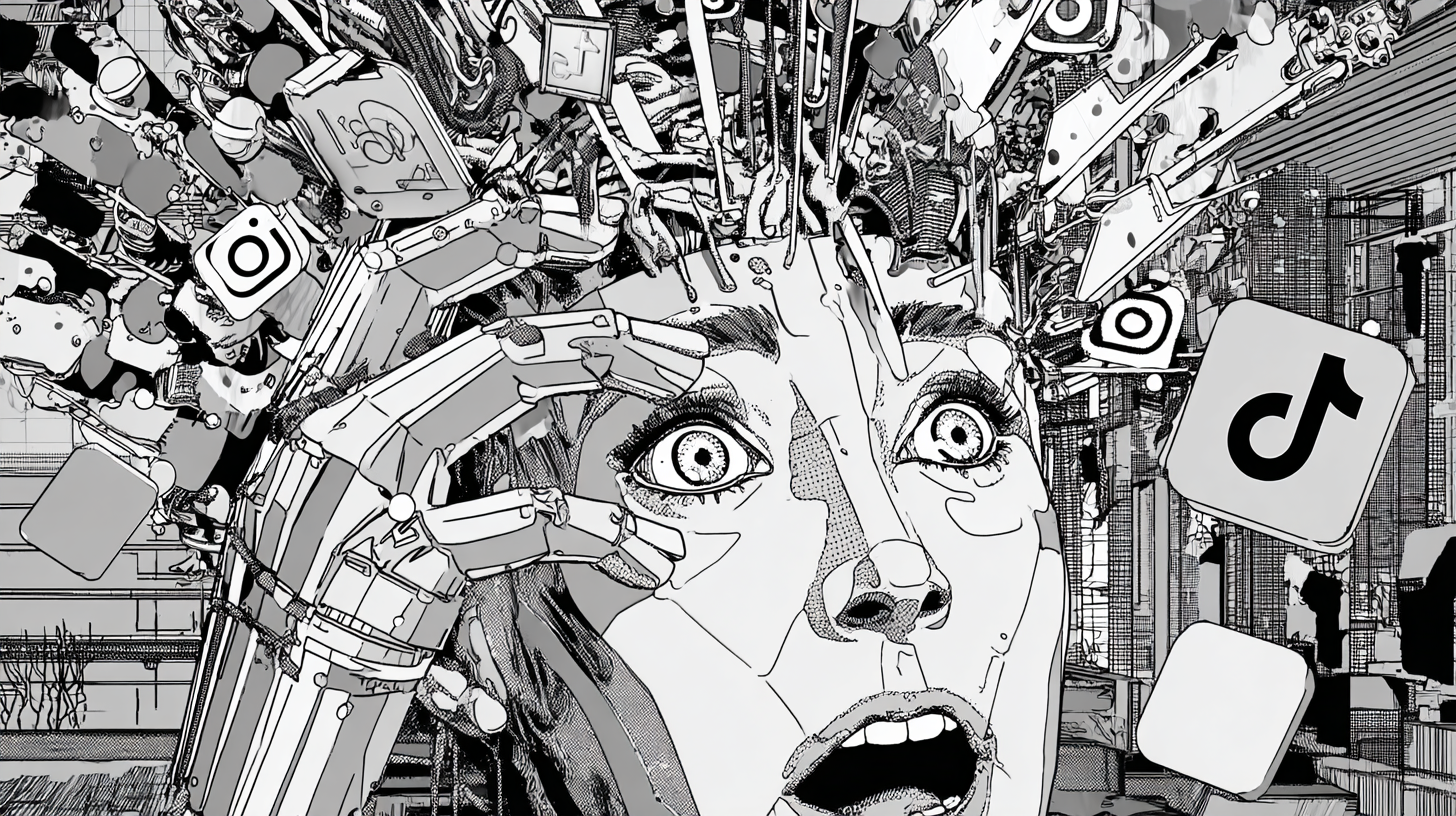The Scattered Mind

Saturday morning musings often arrive unexpectedly. Last night, while mindlessly doom scrolling through Instagram, a funny song stopped me mid-swipe and sparked an uncomfortable realization: we're living in an era of profound fragmentation disguised as personalization.
So True 😀
The Addiction by Design
As someone who's spent years analyzing systems—from architectural space planning to database optimization—I recognize engineered behavior when I see it. Social media platforms aren't accidentally addictive. They're systematically designed to fragment our attention with an endless buffet of bite-sized content, each piece calibrated to trigger just enough engagement to keep us scrolling.
The irony isn't lost on me. I can use Microsoft Copilot to analyze employee engagement patterns, yet I still feel trapped in the same digital quicksand as everyone else.
When Everything Was Separate
There's something profound we've lost in our rush toward convergence. Remember when consuming media required intention? You'd deliberately put on a record and listen to an entire album. Reading meant picking up a physical book and disappearing into it without notifications. Watching a movie was a shared cultural event—everyone saw the same films, creating common reference points for conversation.
Now our phones are Swiss Army knives of distraction. We're constantly bombarded by multiple information channels simultaneously, so we appreciate none of them deeply.
The Personalization Paradox
Here's where my analytics background offers an uncomfortable insight: the same data-driven personalization that makes workplace experiences more relevant isolates us socially. Instagram's algorithm knows I enjoy architectural photography, vintage synthesizer music, and people analytics content—a combination so specific that finding others who share this exact intersection becomes nearly impossible.
We've traded shared cultural experiences for hyper-personalized content silos. Netflix recommends shows that are so precisely tailored to my tastes that I can't discuss them with friends or family. The algorithm has made our entertainment diets so narrow that we've lost the common vocabulary that once connected us.
The Content Creation Explosion
Technology now enables anyone to create anything. I can generate blog posts, compose AI music without musical knowledge, and produce content at an unprecedented scale. But when everyone can create everything, does any of it have depth?
The pace has become genuinely overwhelming. Just two weeks ago, Google's Nano Banana was the hottest AI model everyone was talking about. Now suddenly Seedance 4.0 from ByteDance is dominating conversations. You can barely get to know one tool before it's replaced with something else. What happened to Malcolm Gladwell's 10,000 hours to master a topic?
A Different Path
Are we becoming too specialized for our own good? When AI can generate surface-level content about everything, and algorithms serve us increasingly narrow slices of human experience, we risk losing the shared cultural touchstones that make us human.
I've been sharing these reflections because I believe we need to actively seek out common cultural experiences that give us something real to discuss when we finally look up from our screens. If these ideas resonate with you, I'd love to hear your thoughts. Reply and tell me how you're navigating this fragmented digital landscape.
Because the best conversations happen when we acknowledge what we're all experiencing together.

